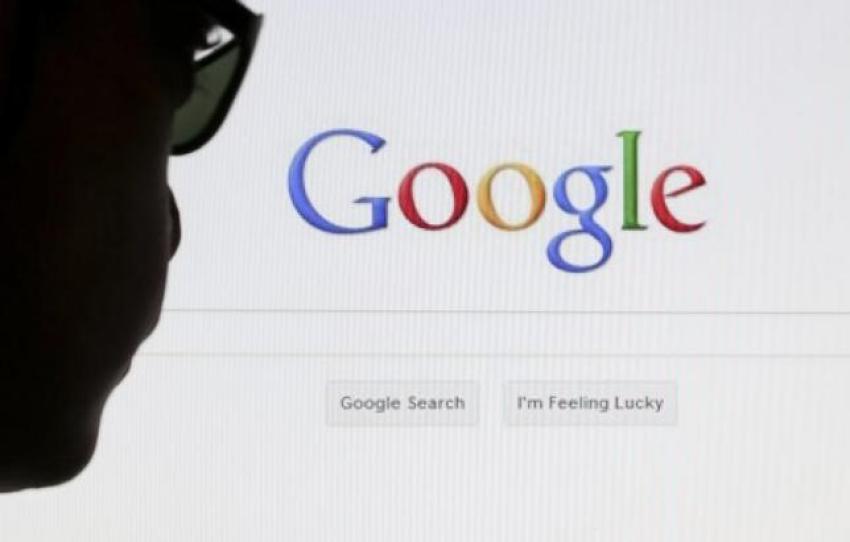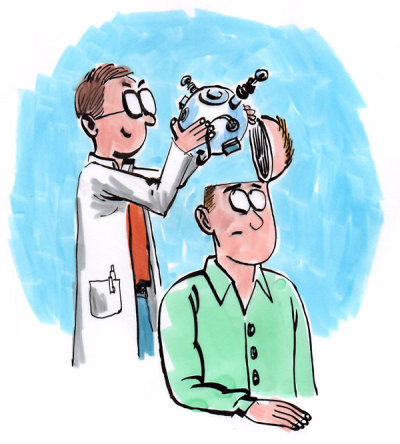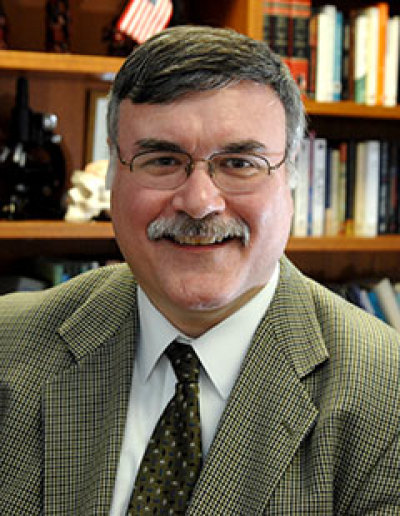Google Director's Push for Computers Inside Human Brains Is 'Anti-Christ,' 'Human Rights Abuse,' Theologians Explain

Google's director of engineering is saying implanting computers "inside our brains" is upon us, words theologians and Christian bioethicists consider a "slap in the face" to Christ and would result in horrific human rights violations.
According to the Daily Mail, Ray Kurzweil, a futurist who works on Google's machine learning project, said at the South by Southwest conference taking place this week in Austin, Texas, that by the year 2029, technological "singularity" will be achieved, the complete merging of human and computer intelligence.

By that time "computers will have human-level intelligence," Kurzweil said in an interview with South by Southwest. "That leads to computers having human intelligence, our putting them inside our brains, connecting them to the cloud, expanding who we are." The joining together of human beings and computer technology at this level, he maintained, will make people "funnier," "sexier," and will "exemplify all the things that we value in humans to a greater degree."
But bioethicists and theologians who spoke with The Christian Post could not disagree more fervently.
Fay Voshell, an award-winning theologian who earned her Masters of Divinity from Princeton Theological Seminary and writes regularly for The American Thinker, said that these tech honchos would have an outrageous level of control over humanity should this ever happen.
"A technological elite comprised of demi-gods who decide how the rest of us think and act by programming us may well result in abuse and deformations as severe as those depicted in The Island of Dr. Moreau or Frankenstein," Voshell said in a CP interview Thursday.
"What tech geniuses would like to insert dumb chips into the neo cortexes of people, making them subhuman slaves?" she asked.
The "singularity" that Kurzweil predicts is near is not merely about the purportedly noble purposes he says this technology will accomplish such as "meeting physical needs" of people or enhancing "artistic qualities," but it also involves creating a single global consciousness.
"Ultimately, it will affect everything," Kurzweil said.
Human beings, then, Voshell said, are thus "programmed machines," pawns in a globalist vision of total equality in a "universal and homogenous state." This transhumanism — a subject about which Kurzweil has authored books — amounts to "a total erasure of our God-given and unique human identities," she contended.
"The process of eradicating the binary identity [of male and female] of human beings already begun by the transgender movement would find its culmination in the erasure of human identity altogether," Voshell concluded.
"The ultimate human rights abuse would be achieved. God forbid."
Dennis Sullivan, a medical doctor and director of the Center for Bioethics at Cedarville University, a Baptist school in Ohio, agreed and called Kurzweil's comments a "slap in the face of our Savior."
Sullivan told CP that although he has never met Kurzweil he has followed his work for years, and he speculates that the Google director takes "maybe 50 to 75" supplements per day.

"He personally must be terrified of his own death," Sullivan mused.
In modern times, he explained, "because of the technological revolution, people are saying 'I want to be better than well. I want to improve,'" which goes far beyond both the "Do No Harm" ethical principle in the Hippocratic oath that physicians abide by and the Christian impulse to alleviate suffering in a fallen world.
"Theologically, I always thought that was a slap in the face to God who said that 'This is very good' in Genesis 1 after creating man. And they're saying 'Not so good, and in fact we can do better.' I find that very, very arrogant."
The main principle undergirding transhumanism as an ideology is "a secular version of immortality on its own terms," he said.
CP asked Sullivan if he would then label this philosophy as inherently "anti-Christ."
"Of course it is," he replied.
By contrast, the Psalms proclaim an exceptional view of human beings, he noted.
Psalm 8:5 reads that God made men and women "a little lower than the angels and crowned them with glory and honor." Similarly, Psalm 139 declares God created the "inmost being" of persons and that they are "fearfully and wonderfully made."
"But all of that pales," Sullivan continued, "when you look at John 1:14: 'The Word was made flesh and dwelled among us.' The ultimate affirmation of our personhood, created in God's image, is that God became one of us."
He added that John 3:16 could never have happened without John 1:14.
"We've got to have the 'Word made flesh' as the embodiment of 'For God so loved the world,'" he noted.
Transhumanism in all its hubris, he said, relies on a retooled Gnostic heresy that is very prevalent today, which is the belief that "mind is the permanent self and the body is changeable" and can therefore be divided with no consequences.
In chapter 6 of Why People Matter: A Christian Engagement with Rival Views of Human Significance, a scholarly volume that challenges transhumanism and other philosophies, contributor Patrick T. Smith, a professor of philosophical theology and ethics at Gordon Conwell Theological Seminary in Hamilton, Massachusetts, explains that what humans become in the future in transhumanism remains "undefined."
The model for the future of Christians "is the glorious resurrected body of Jesus Christ," Smith writes.
"That body may well enable us to be the best of all that transhumanists aspire to be, without our needing to become anything other than truly human. People must depend on human power to get where the transhumanists aspire to go; in Christianity people have the power of God to get there. Even if technology could give everyone bodies with half the abilities of the resurrected body — which is doubtful — it cannot free people from their sinful preoccupation with self."
Such preoccupation, Smith explains, and not other deficiencies, "will always be the source of people's greatest unhappiness."
Though transhumanists may seem straight out of a Sci-Fi novel to many, they are becoming increasingly visible. A few have run and are currently running for public office.
Transhumanist Gabriel Rothblatt, a "pastor" of the Terasem movement — a "new sort of religion seeking answers to very old kinds of questions, all with an abiding faith in the transformative power of technology," according to TIME — ran unsuccessfully against Florida Republican Bill Posey for his seat in the U.S. House of Representatives in 2014. Rothblatt's father Martin, who now identifies as a transgender woman named "Martine," is the founder of Sirius Satellite Radio.
Futurist Zoltan Istvan, a San Francisco-based journalist, libertarian, and author of The Transhumanist Wager, is running to be the next governor of California in 2018. A self-identified "passionate science and technology guy" and "an advocate of radical innovation," he claims Libertarian Gary Johnson interviewed him to be his vice president during the 2016 presidential campaign, per a Feb. 12 Newsweek article articulating his prospective gubernatorial bid.



























